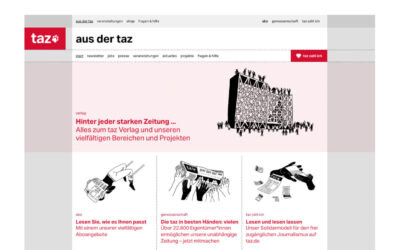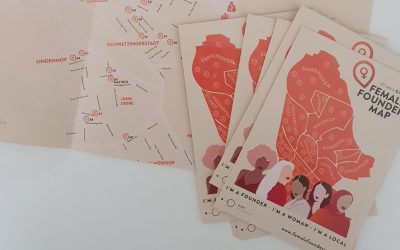“Technology is not neutral. We’re inside of what we make, and it’s inside of us. We’re living in a world of connections – and it matters which ones get made and unmade”.
– Donna Haraway, 1997
Last year we were invited to contribute to two events – the UIG conference in September 2021 and the Berlin World Usability Day in November with the topic “Trust, Ethics and Integrity. This is precisely the topic that has gained a lot of momentum in the tech industry in recent years: Firstly, the widely discussed topic of inclusion and diversity in design, and secondly, the topic of ethics in relation to digital technologies, which has been gaining momentum in the industry for a number of years. We had already briefly discussed the relevance of both topics in our post “What’s coming/staying in 2020?“.
Technologization of our everyday life as a social process
The quote by Donna Haraway mentioned at the beginning is indeed more topical than ever, because digital technologies are omnipresent and determine our everyday lives in many ways. But who actually decides what all these digital products and services look like? Who designs and develops these products/services? This question is particularly relevant because digitization, and thus the technologization of our everyday lives, is not only a purely technological but also a social process. Technology is often presented as “neutral” or even “objective” – but it is not. Already existing social inequalities as well as social constructs such as the gender construct come to light with sometimes considerable consequences or are held up to us like a mirror.
Stereotypes we are not even aware of can translate directly to our digital products and services. Digital assistants, for example, are equipped with a female voice by default, which corresponds to the prevailing feminine stereotype and is thus reinforced. Another example: the credit card (Apple Card) launched by Apple in 2019 made the headlines because, given the same income, the algorithm granted women a credit several times lower than men.
In this short 20 minute talk, Stefanie highlights what these implicit social constructs mean for the development of digital technologies and what consequences we should draw from them. Have fun watching!





